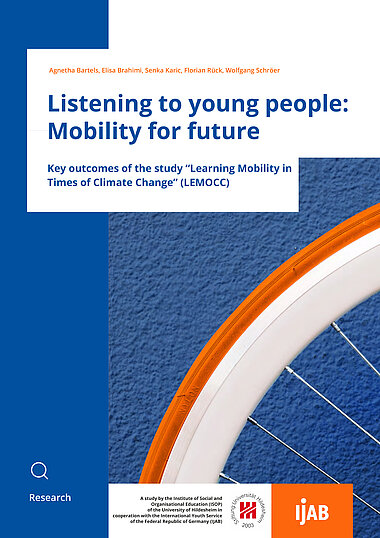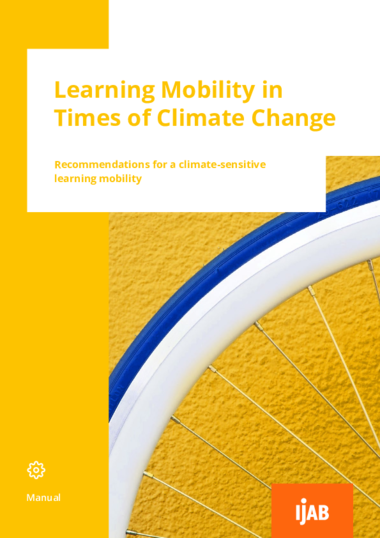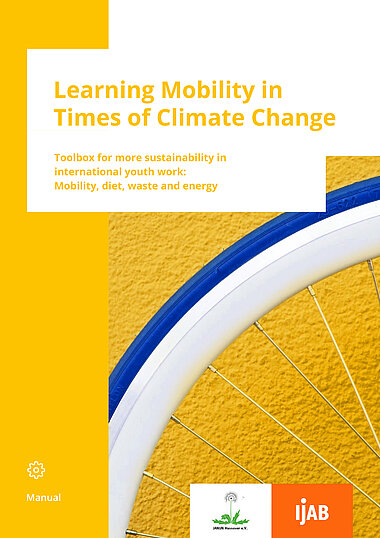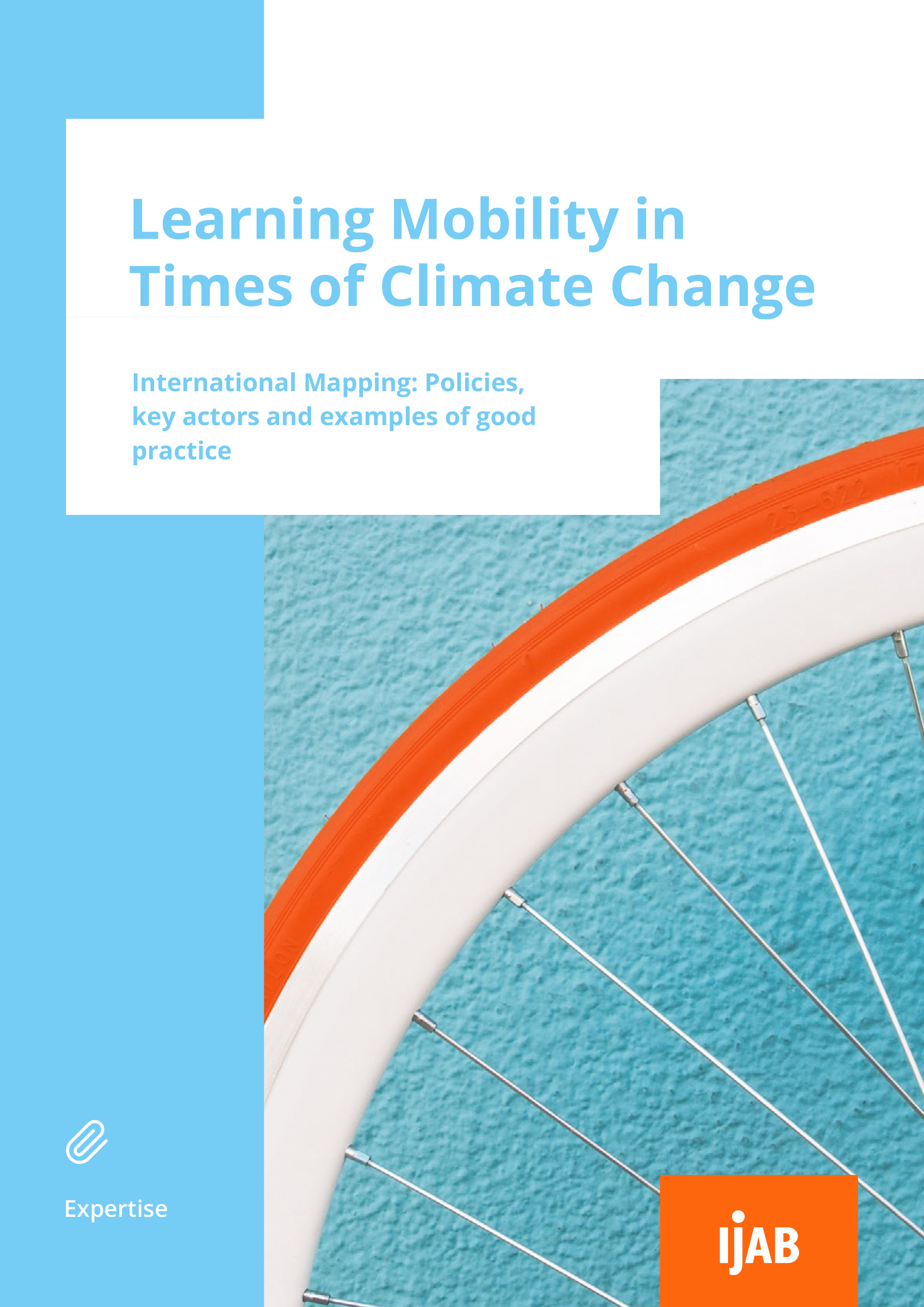![[Translate to Englisch:] [Translate to Englisch:]](/fileadmin/_processed_/6/7/csm_alessandra-caretto-cAY9X4rPG3g-unsplash_869fe340ec.jpg)
![[Translate to Englisch:] [Translate to Englisch:]](/fileadmin/_processed_/6/7/csm_alessandra-caretto-cAY9X4rPG3g-unsplash_9e320095f5.jpg)
Learning Mobility in Times of Climate Change (LEMOCC)
The global development of climate change has recently brought the discussion about the harmful effects of travelling on the climate to the fore. For young people, this topic needs to be taken into account in different aspects of their lives including youth mobility. Consequently, youth work and youth mobility for learning purposes have been increasingly affected by questions of environmental compatibility and sustainability. Not only travelling can be made more sustainable, but youth exchanges can also apply sustainable principles in the implementation of the exchange-program itself.
The topic has also been taken up politically at various occasions in recent years: It is present both at European and international level, e.g. in the Sustainable Development Goals, the EU programme generation 2021-2027 and the European Green Deal.
Objectives of the project
Gaining knowledge on how measures of international youth work can be designed in a more climate-sensitive/ecological way.
Involving young people as experts on their own behalf and as beneficiaries of international youth work on the question of what they expect from the development of climate-sensitive/ecological international youth work.
Develop recommendations for policy and decision makers as well as for the practice of international youth work.
Development of a collection of good practices, projects and actors in the field at international level.
Young people from all 7 partner countries have their say
The project consists of several elements. The central element is the youth survey, which will be conducted together with researchers from the Institute for Social and Organisational Pedagogy at the University of Hildesheim under the direction of Prof. Dr. Schröer. In 2021, young people from the partner countries participated in an online survey on youth mobility (for learning purposes) and climate change. . This was followed in autumn by focus groups where young people discussed individual topics and questions in depth. The results of this process are summarised in the report Listening to young people: Mobility for future. In 2022, young people from the participating countries developed ideas and recommendations for a climate-sensitive international youth work during the international workshop °F22 – Future me.
Based on the results of the youth survey and the international workshop, the involved partners will co-operate with the researchers to develop recommendations for practice and politics. Moreover, interested organisations are provided with an international mapping that includes information on good practice, framework conditions and individual actors in the field of climate-sensitive international youth work from all 7 partner countries.
Partners involved
The project is implemented together with national and international partners. Currently 18 organisations from the fields of international youth work and environmental protection as well as some public institutions from Estonia, Finland, France, Germany, Great Britain and Turkey are involved. In the youth survey, the Youth Hostel Association China also participated.

International Youth Policy Cooperation

International Youth Policy Cooperation


Monitoring








































